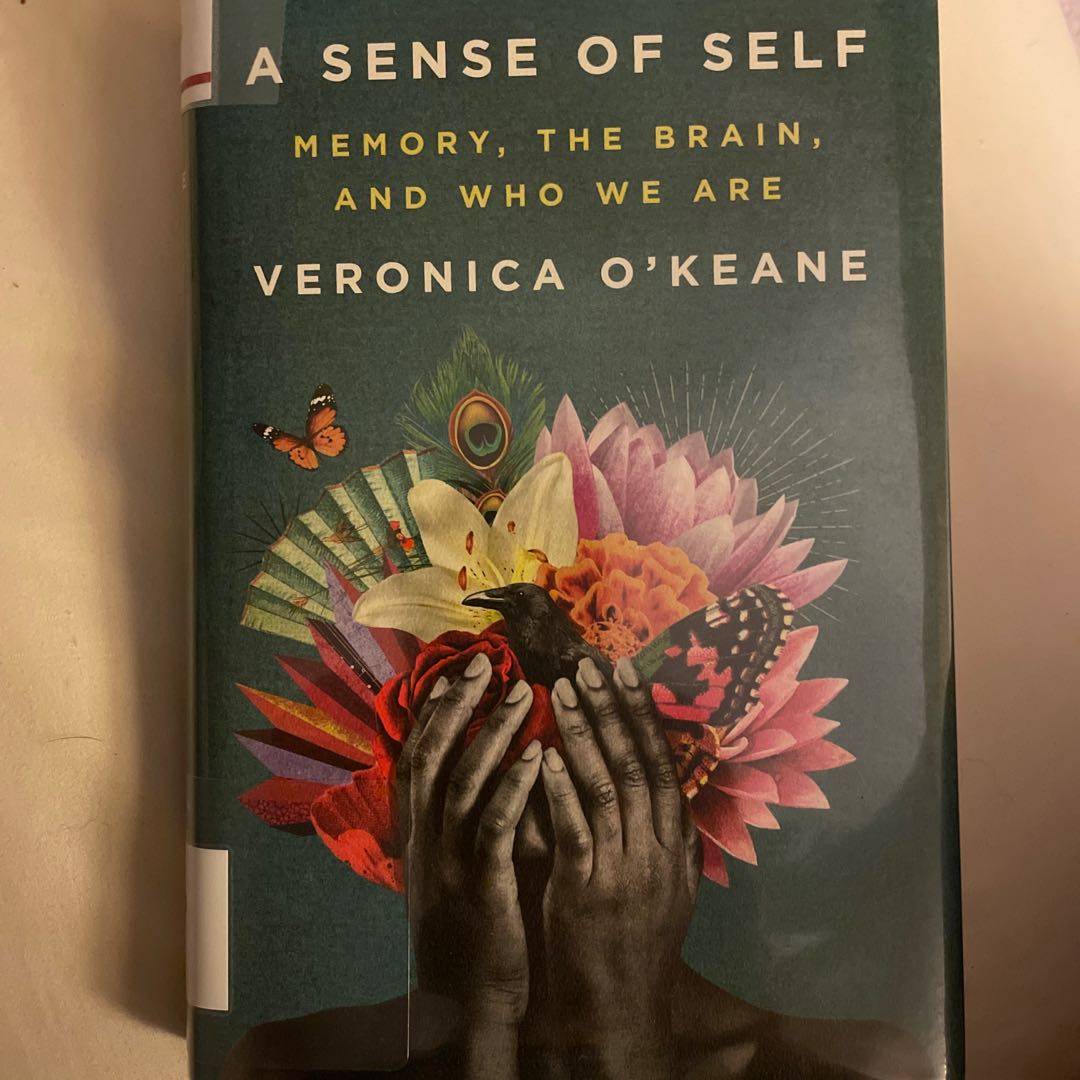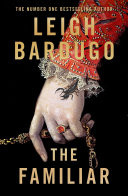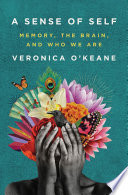
I believe O‘Keane is a poet who happens to be a psychiatrist. Through her stories and her patients, she maps our brains and how memories work- that we know so far. She admits her limitations and her failures with patients, and what she learned from hard cases. In the same paragraph of explaining dendrites mapping, quotes Proust and various movies. Her range of connections between science and art to explain the brain is reason enough to read this!
13 likes1 stack add

















